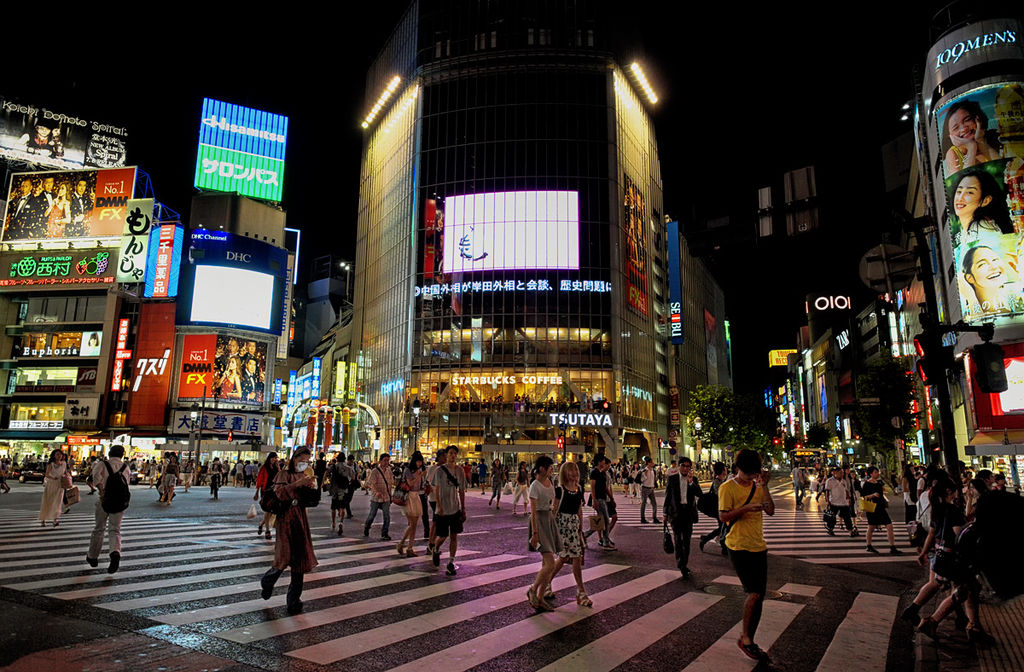Japan’s wholesale inflation surged to 4.2% in January, marking its fifth consecutive monthly increase and exceeding market forecasts of 4.0%. The rise in the corporate goods price index (CGPI), which tracks business-to-business price changes, follows a revised 3.9% gain in December, reflecting persistent inflationary pressures.
Data from the Bank of Japan (BOJ) revealed that prices rose across multiple sectors, including food, textiles, plastics, and non-ferrous metals. The yen-based import price index climbed 1.5% in January, reversing a 0.7% drop in December, as the yen’s continued weakness inflated costs for businesses.
The report comes after BOJ Governor Kazuo Ueda cautioned that rising food costs could shape inflation expectations, reinforcing speculation of a near-term interest rate hike. The two-year Japanese government bond (JGB) yield, a key indicator of monetary policy expectations, jumped to 0.805%, its highest level since October 2008.
Global currency movements also played a role, with strong U.S. inflation data reducing market expectations for near-term Federal Reserve rate cuts. This drove the dollar up 1.29% to 154.44 yen overnight, further pressuring import costs.
The BOJ, which raised short-term interest rates to 0.5% in January after ending a decade-long stimulus program, has signaled further hikes if wage increases sustain consumption and allow companies to keep raising prices for both goods and services.
While the BOJ primarily targets consumer inflation, wholesale price increases typically lead to higher consumer costs. Japan’s core consumer inflation hit 3.0% in December, the fastest pace in 16 months, remaining above the BOJ’s 2% target for nearly three years.



 Asian Stocks Slip as Tech Rout Deepens, Japan Steadies Ahead of Election
Asian Stocks Slip as Tech Rout Deepens, Japan Steadies Ahead of Election  Japanese Pharmaceutical Stocks Slide as TrumpRx.gov Launch Sparks Market Concerns
Japanese Pharmaceutical Stocks Slide as TrumpRx.gov Launch Sparks Market Concerns  Oil Prices Slip as U.S.–Iran Talks Ease Supply Disruption Fears
Oil Prices Slip as U.S.–Iran Talks Ease Supply Disruption Fears  Japan Economy Poised for Q4 2025 Growth as Investment and Consumption Hold Firm
Japan Economy Poised for Q4 2025 Growth as Investment and Consumption Hold Firm  Gold Prices Slide Below $5,000 as Strong Dollar and Central Bank Outlook Weigh on Metals
Gold Prices Slide Below $5,000 as Strong Dollar and Central Bank Outlook Weigh on Metals  Singapore Budget 2026 Set for Fiscal Prudence as Growth Remains Resilient
Singapore Budget 2026 Set for Fiscal Prudence as Growth Remains Resilient  RBI Holds Repo Rate at 5.25% as India’s Growth Outlook Strengthens After U.S. Trade Deal
RBI Holds Repo Rate at 5.25% as India’s Growth Outlook Strengthens After U.S. Trade Deal  Asian Markets Slip as AI Spending Fears Shake Tech, Wall Street Futures Rebound
Asian Markets Slip as AI Spending Fears Shake Tech, Wall Street Futures Rebound  Bank of Japan Signals Readiness for Near-Term Rate Hike as Inflation Nears Target
Bank of Japan Signals Readiness for Near-Term Rate Hike as Inflation Nears Target  Dow Hits 50,000 as U.S. Stocks Stage Strong Rebound Amid AI Volatility
Dow Hits 50,000 as U.S. Stocks Stage Strong Rebound Amid AI Volatility  South Korea’s Weak Won Struggles as Retail Investors Pour Money Into U.S. Stocks
South Korea’s Weak Won Struggles as Retail Investors Pour Money Into U.S. Stocks  U.S. Stock Futures Slide as Tech Rout Deepens on Amazon Capex Shock
U.S. Stock Futures Slide as Tech Rout Deepens on Amazon Capex Shock  Silver Prices Plunge in Asian Trade as Dollar Strength Triggers Fresh Precious Metals Sell-Off
Silver Prices Plunge in Asian Trade as Dollar Strength Triggers Fresh Precious Metals Sell-Off  Vietnam’s Trade Surplus With US Jumps as Exports Surge and China Imports Hit Record
Vietnam’s Trade Surplus With US Jumps as Exports Surge and China Imports Hit Record  Fed Governor Lisa Cook Warns Inflation Risks Remain as Rates Stay Steady
Fed Governor Lisa Cook Warns Inflation Risks Remain as Rates Stay Steady  China Extends Gold Buying Streak as Reserves Surge Despite Volatile Prices
China Extends Gold Buying Streak as Reserves Surge Despite Volatile Prices  U.S.-India Trade Framework Signals Major Shift in Tariffs, Energy, and Supply Chains
U.S.-India Trade Framework Signals Major Shift in Tariffs, Energy, and Supply Chains 































